Earth day is a thing – this year Earth Day is on Monday April 22, 2024 How will you celebrate?
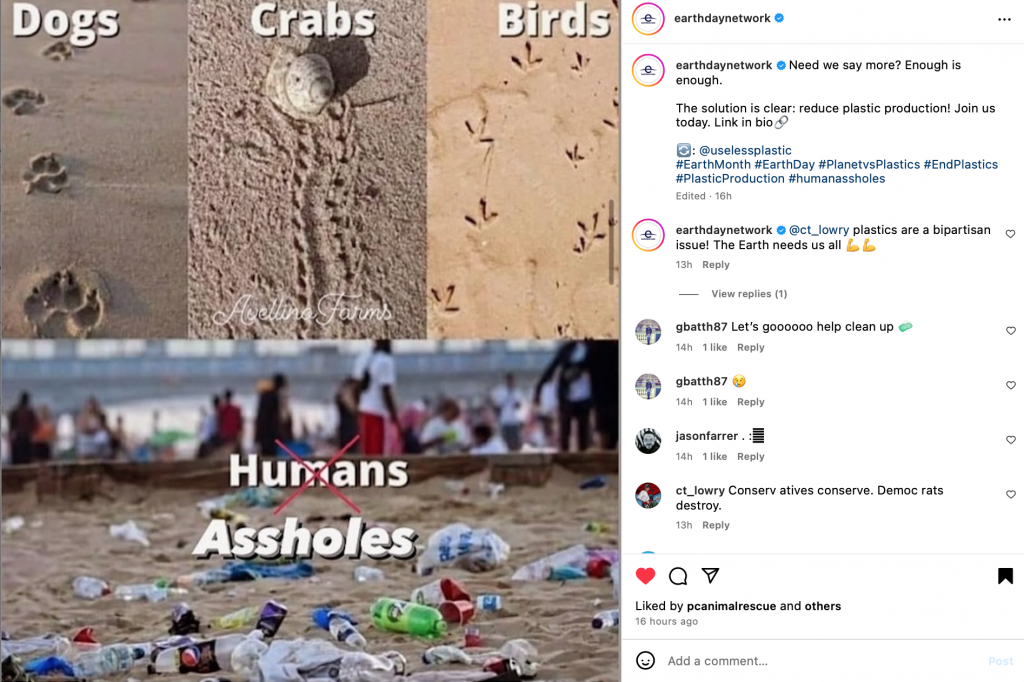
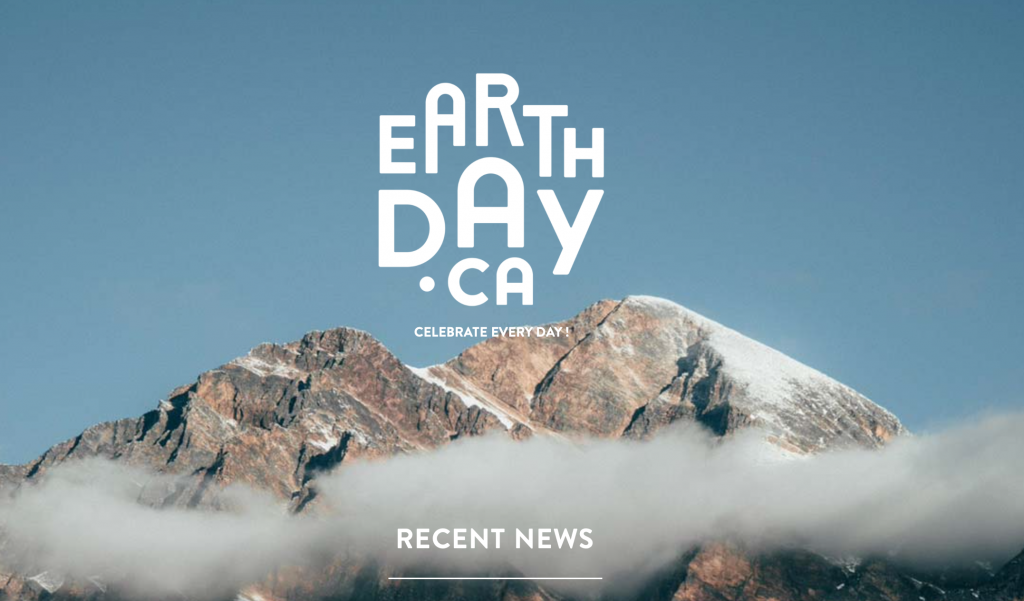

Comments Off on Earth day is on April 22, 2024 – Should we celebrate??
Posted in Uncategorized
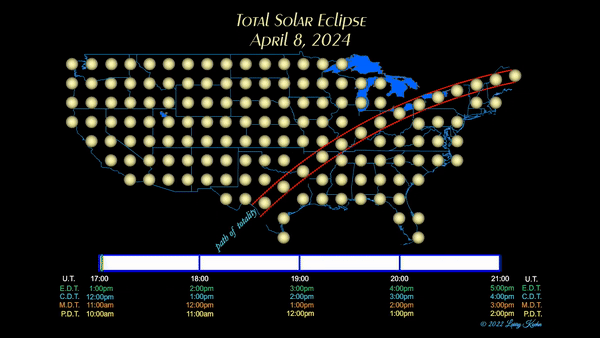
If you want to view the solar eclipse safely, equipment that meets the ISO 12312-2 standards means that they’re safe for use. For this, the equipment must be tested in a laboratory and approved by a recognized accrediting body. Unfortunately, anyone can print a statement that says their product meets the ISO standards which is why checking out the AAS’s list of approved safe solar viewers can give you peace of mind.
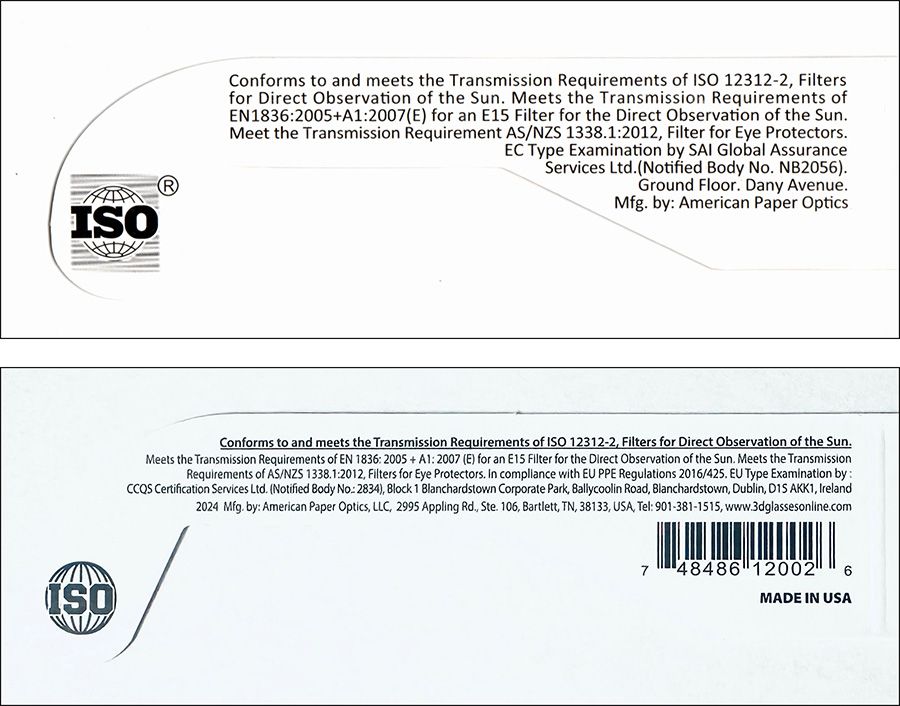
Comments Off on Solar Eclipse Viewing – what can we expect to see in the PNW?
Posted in Uncategorized
Comments Off on Can Electric Vehicles Save the Planet
Posted in Uncategorized

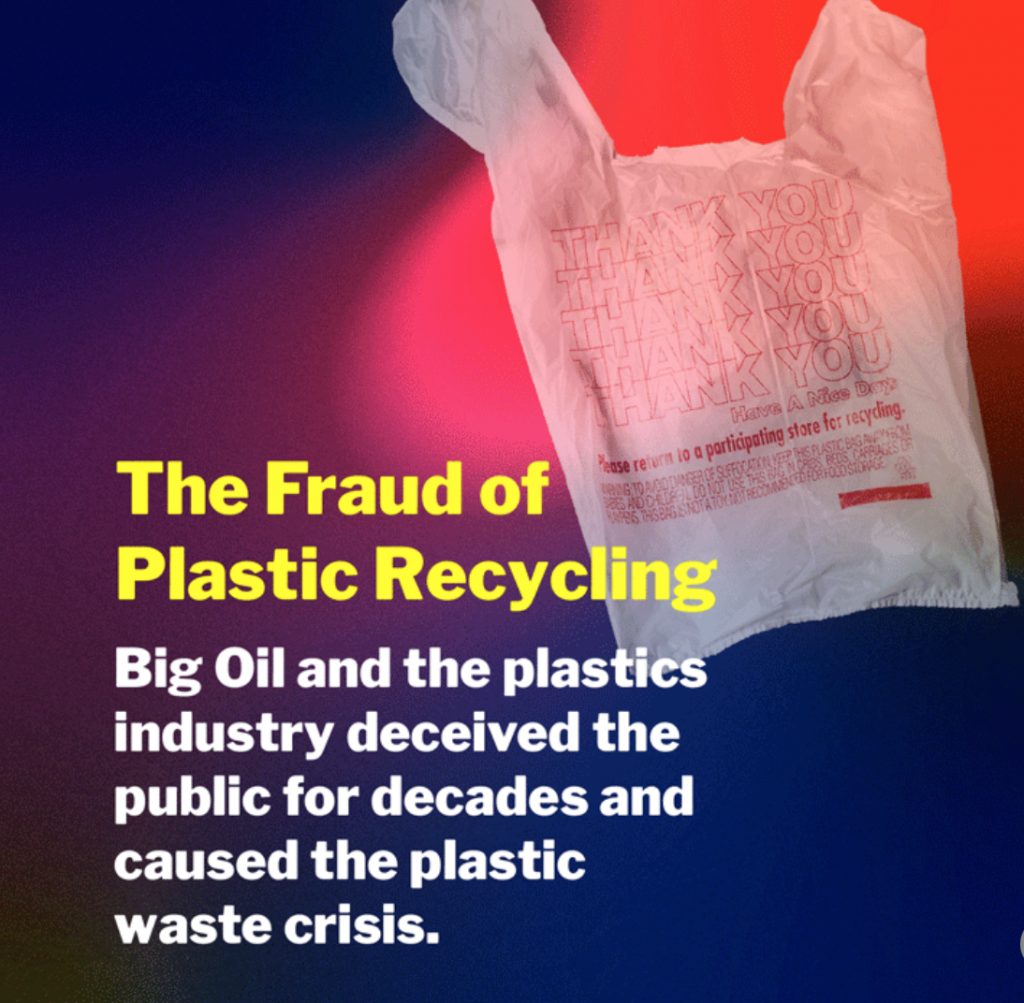
Comments Off on Plastic Recycling is a fabricated myth – read the report
Posted in Uncategorized

Few people know that since as early as 1791, Black Americans have been making groundbreaking, often heroic, contributions in the fields of astronomy, astrophysics, mathematics, and space exploration.
Many of these pioneering Black scientists performed vital mathematical and engineering work in the face of laws that prevented them from drinking from the same water fountains or using the same bathrooms as their white co-workers. Fortunately, today’s recognition of the benefits of racial inclusivity has resulted in a richly diverse and incredibly talented group of scientists and astronauts uniquely capable of taking us deeper into that night sky—to Mars and beyond.
Comments Off on Honoring Black Astronauts During Black History Month 2024
Posted in Uncategorized
Comments Off on Seed Banks – Tues. Jan. 23, 2024_Meet at 10:00 am Room 220/Science Lab-Assessment week
Posted in Uncategorized
Comments Off on Christmas Sing Along – Everyone is encouraged to participate
Posted in Uncategorized

Comments Off on Mindmap ai – give it a try
Posted in Uncategorized
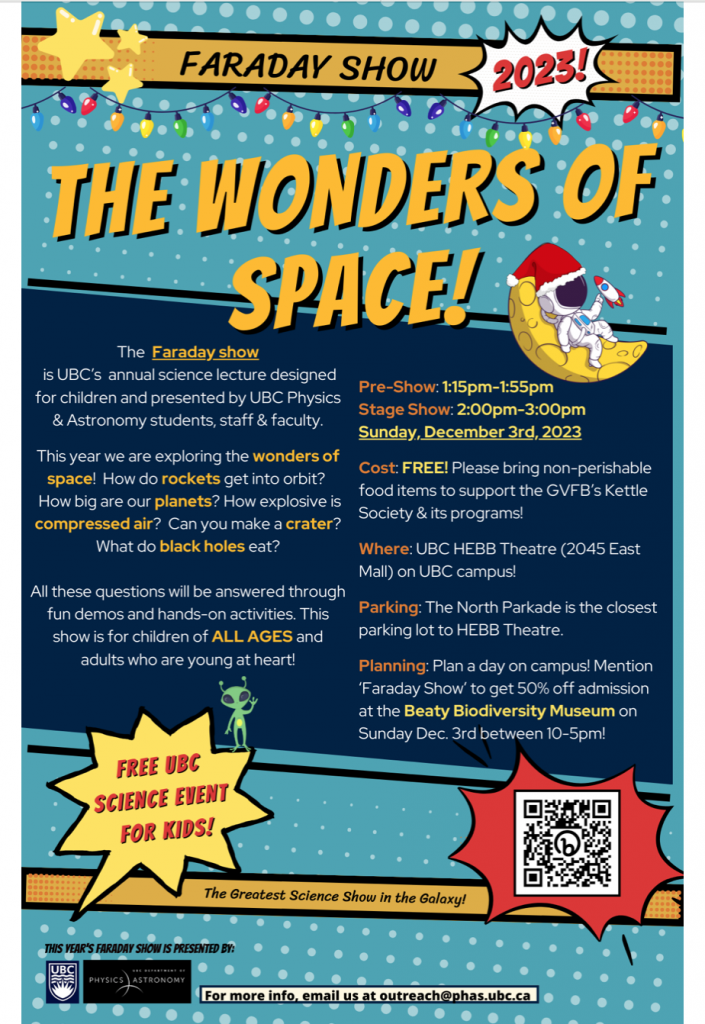
Comments Off on Save the Date for the Annual Faraday Science Lecture-Dec. 3, 2023 – SPACE
Posted in Uncategorized
Comments Off on Learn more about small worlds by viewing the 2023 winning videos
Posted in Uncategorized